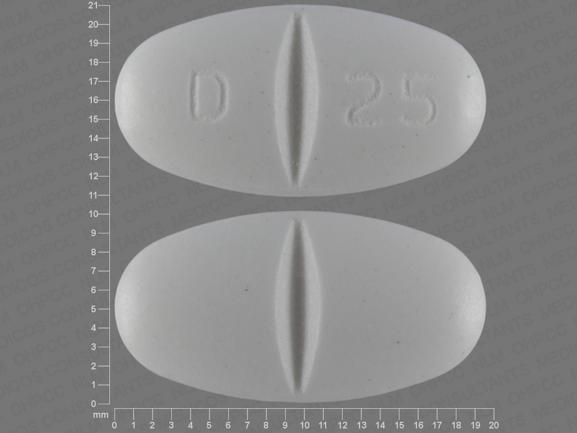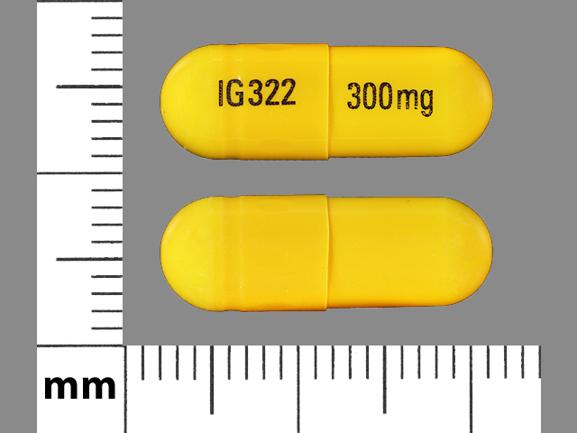Gabapentin is generally considered safe for the liver and kidneys when taken at prescribed doses. However, certain considerations are important for individuals with pre-existing liver or kidney conditions, as gabapentin is primarily eliminated by the kidneys and not metabolized significantly by the liver.
- Gabapentin (Neurontin) usually isn’t bad for your liver or kidneys. In most cases, it has little effect on these organs.
- In rare instances, gabapentin can cause DRESS (drug reaction with eosinophilia and systemic symptoms) syndrome. This is a severe allergic reaction that can cause damage to major organs, including the liver and kidneys.
- If you have existing kidney problems, you may need a lower dose of gabapentin. This is because the kidneys help the body get rid of gabapentin. If your kidneys don’t work well, gabapentin may build up in the body and cause side effects.
Gabapentin and the Liver
- Gabapentin has minimal impact on the liver because it is not extensively metabolized in the liver.
- Liver toxicity is not a common side effect of gabapentin.
- However, in rare cases, individuals with pre-existing liver conditions or those taking other liver-damaging medications may experience an increased risk of liver-related side effects.
-
Gabapentin isn’t known to harm the liver. While there have been some individual reports of liver damage from gabapentin, it’s considered extremely rare.However, one possible side effect of gabapentin may cause liver damage. This side effect is a reaction called DRESS (drug reaction with eosinophilia and systemic symptoms) syndrome. It’s a severe allergic reaction that can occur weeks to months after starting some medications. DRESS can cause a rash, fever, and abnormal lab tests. It can affect various organs, including the liver. While it’s unlikely that gabapentin will cause DRESS syndrome, it’s still possible. If you are taking gabapentin and experience a fever, swollen lymph nodes, or a rash, reach out to your healthcare provider immediately.
Gabapentin and the Kidneys
Gabapentin doesn’t usually cause kidney problems. But as discussed above, gabapentin may rarely cause DRESS syndrome. Along with the liver, the kidneys may be damaged as a result of DRESS. However, if you have existing kidney problems, they won’t be able to remove gabapentin as well as they should. This could cause gabapentin to build up in your body and lead to toxicity.
And one possible side effect of gabapentin — fluid buildup (edema) — may be worse if you have existing kidney problems. Untreated edema can put unnecessary stress on the heart.
Your healthcare provider will likely order lab tests to check your kidney function before prescribing gabapentin. If your kidney function is lower than expected, they may recommend a lower gabapentin dose or another medication altogether.
Gabapentin is primarily excreted unchanged through the kidneys, making kidney function critical for its clearance. Issues may arise in the following scenarios:
- Chronic Kidney Disease (CKD):
- People with kidney impairment may have difficulty clearing gabapentin from their system, leading to drug accumulation and an increased risk of side effects, such as confusion, drowsiness, and dizziness.
- Dosage adjustments are necessary for individuals with reduced kidney function.
- End-Stage Renal Disease (ESRD):
- Gabapentin can still be used in patients with ESRD, but the dose should be tailored carefully, and dialysis schedules should be considered.
- Rare Cases of Kidney Injury:
- Gabapentin has been rarely associated with kidney complications like acute kidney injury. However, this is uncommon and often occurs in individuals with underlying risk factors or other contributing medications.
Gabapentin (Neurontin) is a widely used prescription medication. It’s FDA approved to treat certain types of seizures and nerve pain from shingles (postherpetic neuralgia). It’s also available in two extended-release (ER) tablets: Horizant and Gralise. These ER tablets are approved to treat postherpetic neuralgia. Horizant is also approved to treat restless leg syndrome.
But if you’re one of the millions of people taking gabapentin, chances are you’re taking it for another reason. Gabapentin is used “off-label” for several conditions. Examples include anxiety, pain, and nerve pain from diabetes (diabetic nephropathy). It can also help treat alcohol use disorder (AUD).
As with all medications, gabapentin has possible side effects you should know about. But do these side effects include harm to your liver and kidneys? Not usually.
How much gabapentin is safe to take?
There isn’t one gabapentin dose that’s right for everyone. Your dose will depend on what you’re treating and which gabapentin product you’re using.
Typically, your healthcare provider will prescribe gabapentin at a lower dose. They may then increase it based on how your body responds. A typical gabapentin dose for postherpetic neuralgia and seizures is 300 mg to 600 mg, 3 times a day.
To avoid taking too much gabapentin, never double up on doses. If you miss a dose of gabapentin and it’s close to your next dose, skip the missed dose and take your next dose at your usual time.
Who might need a lower dose of gabapentin?
Some people who may do better with a lower dose of gabapentin. This includes people who:
- Are 65 years or older: Older adults may process gabapentin differently. They may also be more likely to experience side effects.
- Have kidney problems: As mentioned above, a lower dose might be recommended if you have kidney problems.
- Take certain medications: Some medications may interact with gabapentin. In most cases, it’s best to completely avoid combining gabapentin with medications that make you drowsy. This can lead to excessive sleepiness and poor coordination. In severe cases, it can slow your breathing and be life-threatening. This includes opioid medications like oxycodone (Oxycontin, Roxicodone), benzodiazepines like lorazepam (Ativan), and sleep medications like zolpidem (Ambien, Edluar, and ZolpiMist). Even over-the-counter (OTC) medications like diphenhydramine (Benadryl) should be avoided when using gabapentin.



